“Africa, GMOs and Western interests” - DW Documentary, 2022, 42:25 - https://www.youtube.com/watch?v=cwHzOOE2tNE
This fascinating video profiles the rise of philanthrocapitalism. As explained by sociologist Linsey McGoey, the idea is that one can merge the goals of capitalism and charity by making philanthropic organizations profitable. The Bill and Melinda Gates Foundation is examined here as they have investments in GMO crops and mosquitos, both of which they are lobbying for use in Africa. The first claim is that Western agribusinesses can solve food scarcity in Africa through GMO cassava. While these businesses promise more resilient crops and greater yields, the way this is being implemented is reminiscent of the colonial era. There are concerns about existing farming traditions are being forcibly replaced while fostering dependency on GMO seeds and agrochemicals. As for mosquitos, there is limited evidence that GMO mosquitos can effectively reduce malaria, and some studies even suggest it makes the mosquito problem worse. This also raises concerns about why such experiments are being conducted in at-risk areas. In short, while philanthrocapitalism promises to help with pressing issues in the developing world, it has more potential to benefit Western companies (in which the Gate foundation has invested) if the solutions are adopted.
From the video’s description: Across Africa, lobbyists, philanthropists and businesspeople are working to open up the continent to GMOs. They argue that GMOs can provide a miracle solution to two of Africa’s biggest problems: famine and malaria. One of the main supporters of the movement is Bill Gates, one of the world’s wealthiest individuals and founder of the most powerful philanthropic foundation in history. The film shows how the Bill & Melinda Gates Foundation became the main funder of genetic experiments underway on the continent. Discreetly and beyond the reach of critical voices, scientists are conducting research on the genetic modification of cassava plants and mosquitoes as a solution to the malaria problem. The role of the EU here is an ambiguous one: Whereas the bloc was initially skeptical about genetic engineering because of the potential risks to health and the environment, now the EU is working together with the Microsoft founder’s nonprofit conducting experiments that would be banned in Europe. Genetic modification in Africa is about power, but it is also about money. And this puts the Bill & Melinda Gates Foundation in the firing line: by financing genetic engineering experiments in Africa, the organization is playing into the hands of big western agribusiness. "Africa, GMOs and Western Interests” shines a light on the brave new world of philanthrocapitalism, where humanitarian aid has a stubborn aftertaste of business, famine programs are often a pretext to introduce GMOs and public investments can serve private interests.

